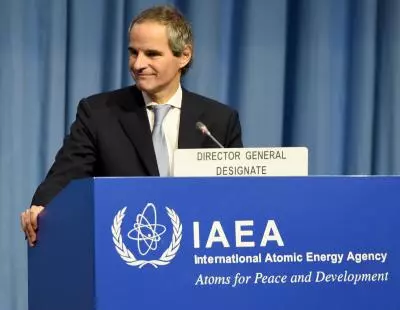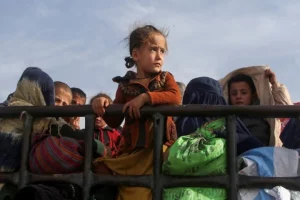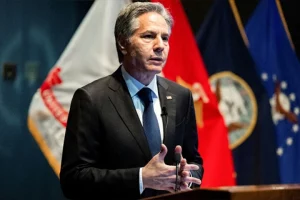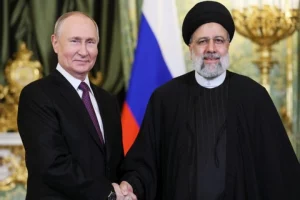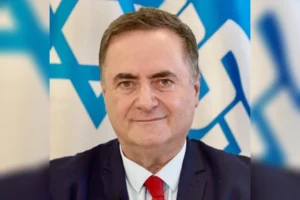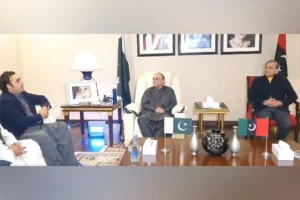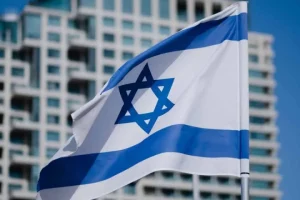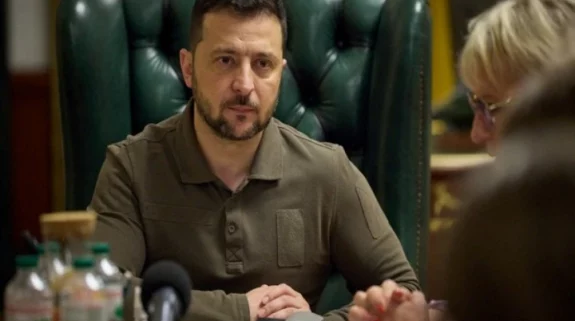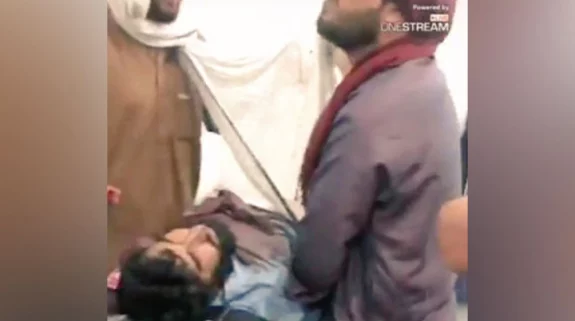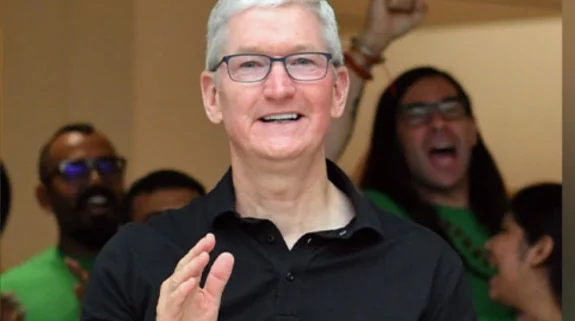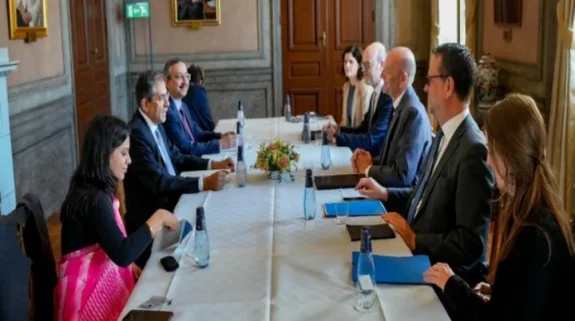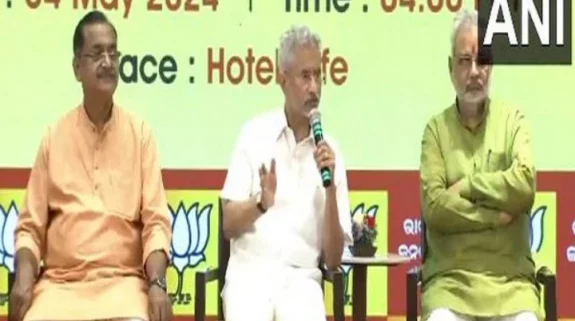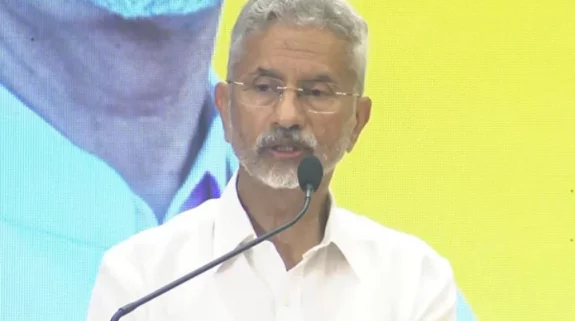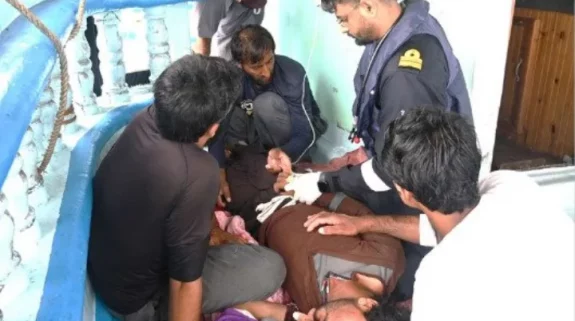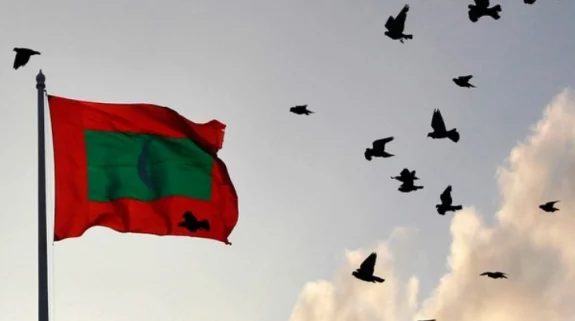Iran has agreed to allow the International Atomic Agency (IAEA) to service monitoring cameras at Iranian nuclear sites after talks on Sunday with IAEA head Rafael Grossi, according to a joint statement issued after the meeting.
The talks with the UN nuclear watchdog and the Iranian leadership were aimed at easing the deadlock between Tehran and the West which threatens to derail negotiations on reviving the Iran nuclear deal.
This was Grossi’s first visit to the country since Eabrahim Raisi took over as the new president of Iran.
Also read: Iran ready for nuclear talks with West but not under pressure
"We agreed over the replacement of the memory cards of the agency's cameras," Mohammad Eslami, who heads the Atomic Energy Organization of Iran (AEOI), was quoted as saying by state media.
"IAEA’s inspectors are permitted to service the identified equipment and replace their storage media which will be kept under the joint IAEA and (Iran’s) AEOI seals in the Islamic Republic of Iran. The way and the timing are agreed by the two sides," they said in a joint statement.
"The two sides decided to maintain their mutual interactions and meetings at relevant levels," the statement said, adding Grossi planned another visit to Tehran "in the near future".
Talks between Iran and world powers over limiting Iran’s nuclear program in exchange for relief on economic sanctions have been stuck since June.
The two major issues being negotiated are the rollback of American sanctions imposed by former President Donald Trump’s administration after it withdrew from the 2015 deal, and the return of Iran to compliance with restrictions imposed on its nuclear program.
Under the 2015 nuclear deal between Iran and major powers, Tehran agreed to restrictions on its nuclear activities in exchange for the lifting of sanctions.
The IAEA said earlier this week that there had been no progress on two key issues: explaining uranium traces found at old, undeclared sites and getting urgent access to monitoring equipment so the agency can continue to keep track of parts of Iran's nuclear programme as per the 2015 deal.
The IAEA told member states in reports this week that there had been no progress on two central issues: explaining uranium traces found at several old, undeclared sites and getting urgent access to some monitoring equipment so the agency can continue to keep track of parts of Iran's nuclear programme as provided for by the 2015 deal.






